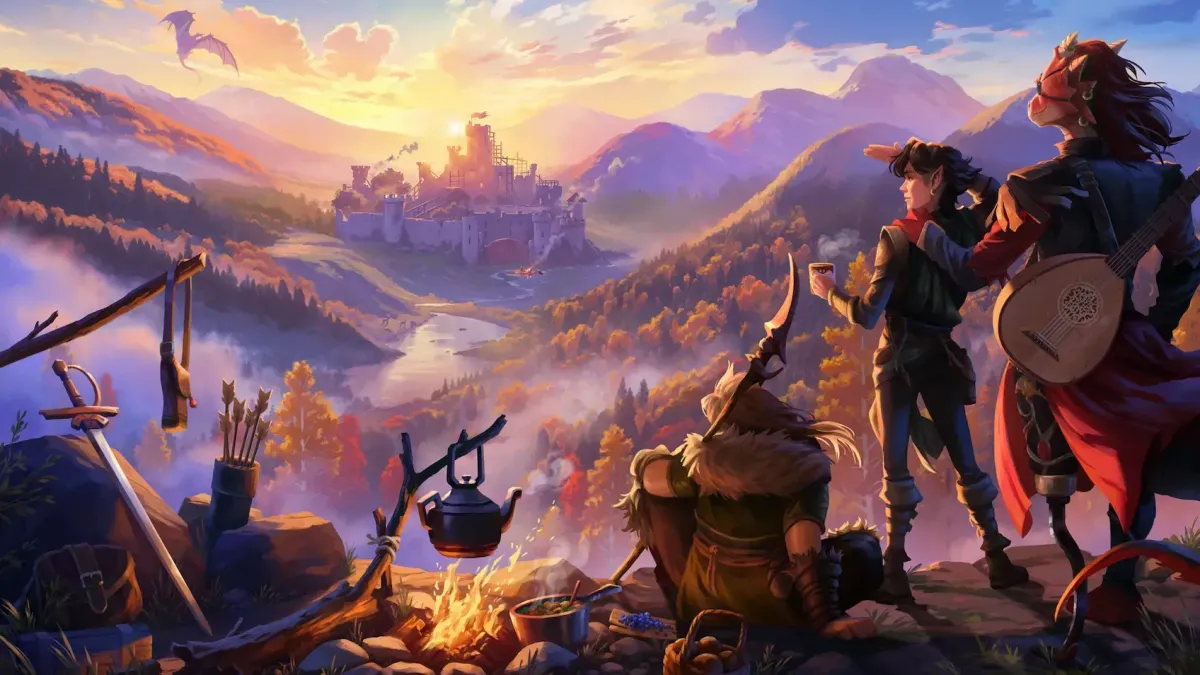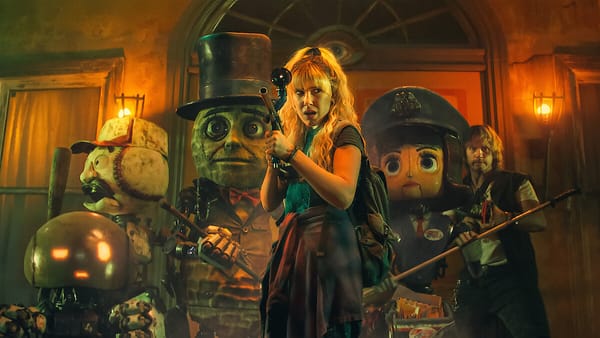Hasbro will need more than video game execs before “going all in” on digital play
Art is made by people, preferably not laid off in four-figure droves.

Hasbro’s CEO Chris Cocks met with investors that at a July 25 quarterly meeting to discuss the massive toy company’s Q2 earnings, Cocks mentioned $125 million in a “capital envelope”—essentially a big spending budget—meant to further develop digital games tied to key properties such as Dungeons & Dragons, Monopoly, and Magic: The Gathering. The message to investors was clear: “digital is here to stay”
Hasbro most recently added World of Warcraft manager John Hight to its growing roster of video game talent as Wizards of the Coast’s new president, alongside Ames Kirshen from Warner Brothers and Bioware’s James Ohlen. Together, they form a pool of potential leadership with collective experience working on respected series such as Mass Effect, Baldur’s Gate, and Batman Arkham. With both big names and big cash in the mix, Hasbro is feeling confident about its chances of creating a video game (or games) that straight up prints money.
Cocks mentions later that Hasbro wants to begin publishing “one to two new [video] games per year starting as early as late 2025, potentially early 2026,” which is a bold claim when AAA-quality titles can take several years to produce, even for large, well-established studios. Hasbro owns, or has spun up, four current production teams (and killed a couple in the crib), but none are tied to announced projects, much less release dates or marketing material. With a reported $1 billion already invested in producing video games, we know precious little beyond elevator pitches meant to assuage investors: a G.I. Joe video game from Atomic Arcade called Snake Eyes, or Invoke Studios working on an unnamed D&D survival simulator. The clearest image of Hasbro’s digital future lies with Ohlen and Archetype Studios’ Exodus, a team-based science fiction shooter that could be more Mass Effect-meets-Destiny 2 if it tried.





